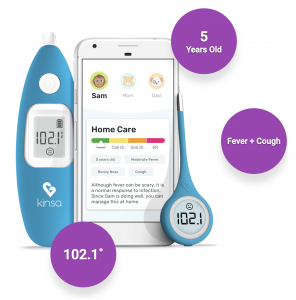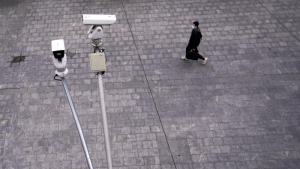Collecting citizens data to slow down coronavirus spread without harming privacy
By Tomas Lobo | April 5, 2020
During these days, we have seen how coronavirus has been able to paralyze 4 billion humans, locking them in their houses. The human losses and economic consequences are far from being over. Some countries have been better than others at containing the spread, and there’s a lot that other countries can learn from them in order to more effectively contain their respective outbreaks. In all cases of success (eg. China (arguably), Singapore, Taiwan, Hong Kong, South Korea, etc.), the common denominator has been: a) test fast, b) increase surveillance.
Increased surveillance during a global health crisis can be very positive for the virus containment. For example, if somebody who has the virus decides to go grocery shopping, the consequences can be catastrophic. More surveillance would allow the Government to know exactly what are the whereabouts of people that can potentially contaminate other individuals and fine them if they disobey the rules of mobility. For a system like that to work and be endorsed by citizens, it would be necessary to a) have multiple sources of real time data collection and b) assure that people’s privacy is respected.
In order to understand who is more likely to have the virus, who already has the virus and what are the whereabouts of both groups of people, the Government would require: 1) to use the cameras systems available with added facial recognition capabilities, 2) to connect tests data to a national database, 3) to monitor peoples’ location via their smartphones, 4) to monitor peoples’ temperature with IoT thermometers (like Kinsa). A surveillance system like this would not be cheap, but considering that the coronavirus is expected to cost the economy trillions of dollars – 4% of the global GDP this year and who knows how much more in future years until a vaccine is invented – this cost looks little in comparison.

To implement a system like this, people are required to endorse it and embrace it, as most of the world’s political systems are democratic by nature. For this to happen, the Governments should demonstrate to the citizens that a system like the described above would only be used to contain the spread of the virus and to save hundreds of thousands of lives. The flow of information should be carefully controlled, so there are no leaks that could potentially damage individuals lives. Also, this data should be kept strictly for Governmental use.

In the coronavirus era, it’s imperative to innovate and embrace the use of data collection technologies to impose efficient, sustainable lockdowns that target individuals that are most at risk of spreading the disease. For that to be implemented effectively, securing citizens privacy is a key component that will guarantee the program’s endorsement. Time is ticking and it’s time to learn from what some Asian governments have been able to put together relatively quickly.
Sources:
https://www.aljazeera.com/news/2020/03/china-ai-big-data-combat-coronavirus-outbreak-200301063901951.html
